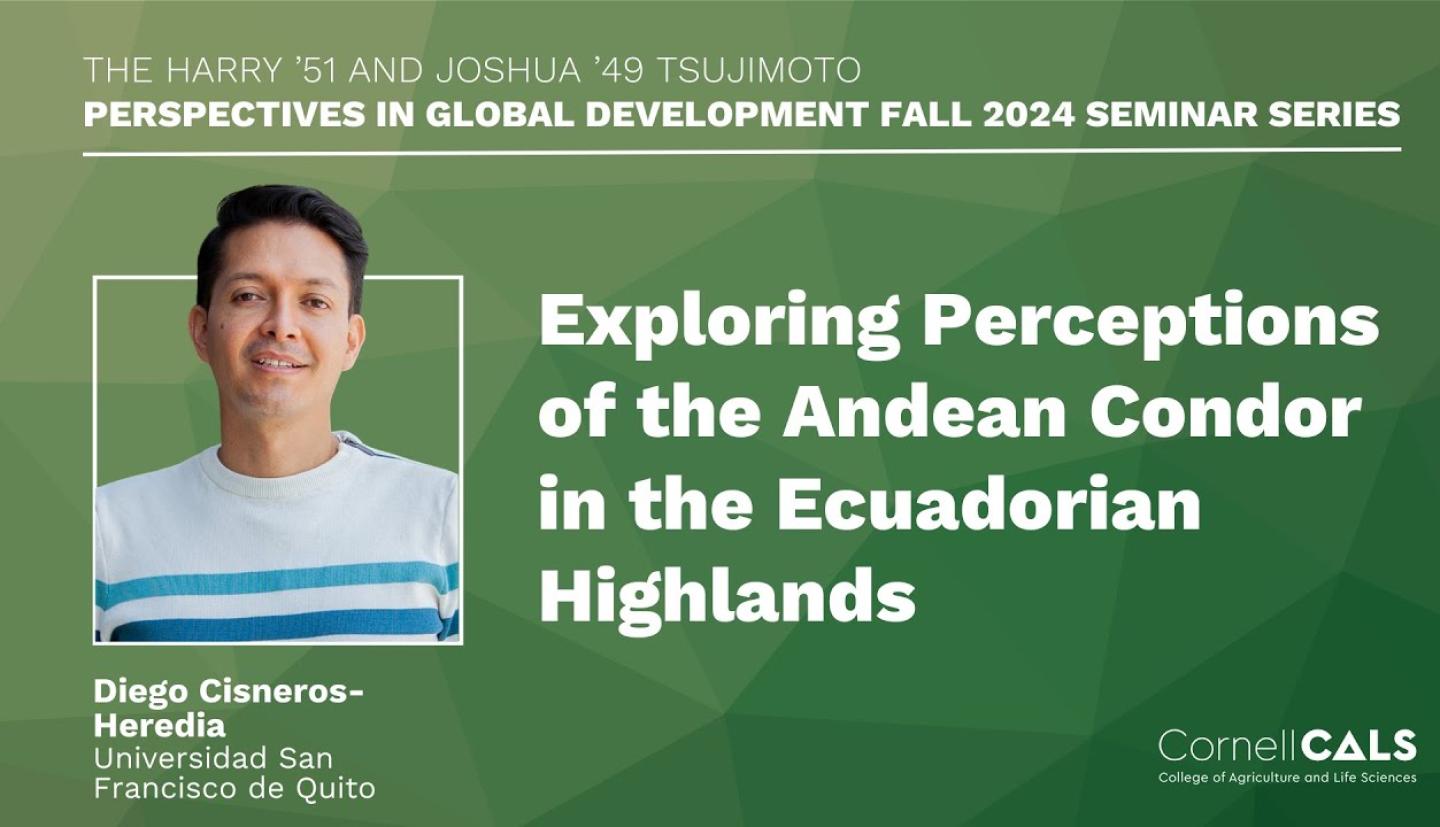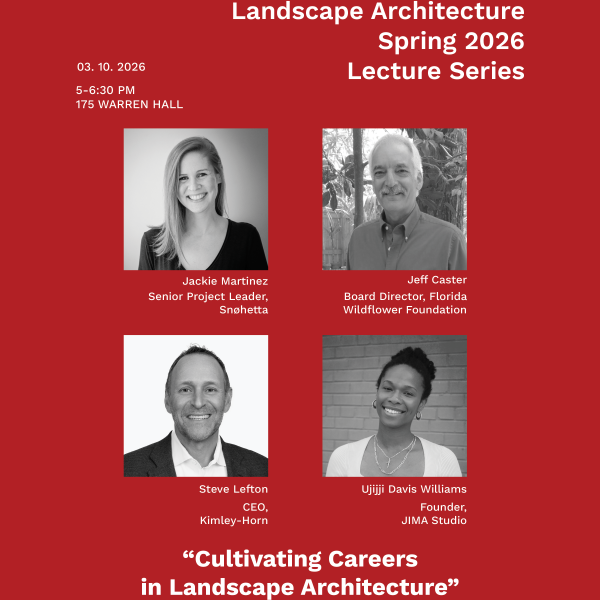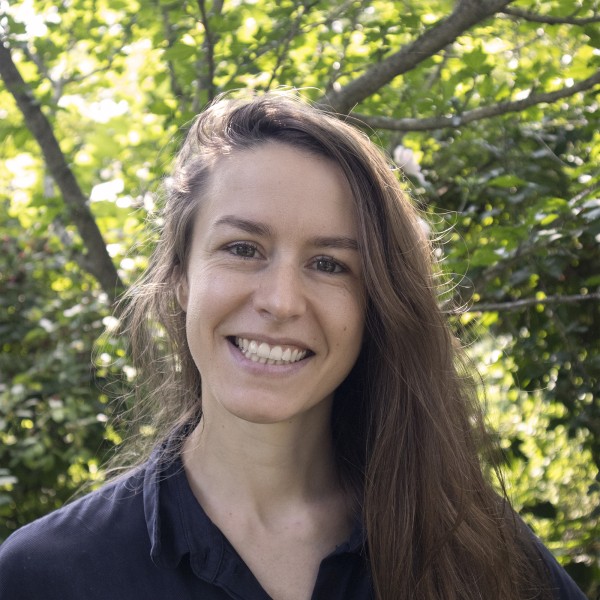Fall 2024 Harry ’51 and Joshua ’49 Tsujimoto Perspectives in Global Development Seminar Series
Abstract
The Andean Condor Vultur gryphus is one of the most distinctive species in the highlands of South America. Human-Condor conflicts have increased in Ecuador over the last decades, and the species is now heavily threatened by habitat loss due to urban and agricultural expansion, forest plantations and mining activities, illegal hunting, competition with feral dogs, and carrion poisoning. Despite conservation initiatives since the 1990s, the population of Andean Condor in Ecuador is declining (<150 individuals by 2018), and the species is classified as Critically Endangered in the country. We conducted an ethnographic research to explore the social perceptions and dynamics with the Andean Condor across 20 indigenous and mestizo communities across the Ecuadorian Andes, in a joint-effort between biologists and anthropologists to understand the transversal relationships mediating Human-Condor conflicts. We found a generalized disappearance of cultural-religious-mythological attributions of the Andean Condor amidst communities. Civic attributions of the Andean Condor, as the national symbol present in the coat of arms of Ecuador, are usually empty or embellished, without any critical reflection. There is a rampant apathy towards conservation in the majority of the population in the studied communities, and the Andean Condor has been translated into a proxy of political corruption, as an intermediary of local and institutional power struggles caused by social divisions due to postcolonial discrimination and structural violence. Analyzing Human-Condor conflicts is more complex and multidimensional, with several hidden underlying social dynamics. Oppression to nature cannot be thought in isolation from other forms of oppressions. It is critical to evaluate new forms, practices and power dynamics that eliminate postcolonial structures.
About the speaker
A naturalist and researcher with over 30 years of experience, Diego Cisneros-Heredia is dedicated to advancing knowledge on biodiversity's evolution and natural history, contributing to conservation and sustainable development, and fostering discussions on complex social-environmental systems. He holds a BSc in Applied Ecology from Universidad San Francisco de Quito USFQ (Ecuador) and postgraduate degrees from King’s College London (UK), including an MSc in Environmental Modelling, Monitoring and Management and a PhD in Geography. He is a full-time Professor at USFQ, senior researcher at the Galapagos Science Center, General Director of the Institute of Tropical Biodiversity IBIOTROP, Vice-Dean of Liberal Arts, and holds several other leadership roles. His work includes founding the Museum of Zoology at USFQ, establishing USFQ’s Science Communications and Digital Marketing offices, and co-founding USFQ’s academic press. He is an associated researcher at multiple institutes and an active member of various international conservation organizations, including Ecuador’s National Institute of Biodiversity and IUCN Species Survival Commission.
Seminar co-sponsor
Polson Institute for Global Development
About the seminar series
The Harry ’51 & Joshua ’49 Tsujimoto Perspectives in Global Development Seminar Series showcases innovative approaches to development with experts from around the globe. Each year, the series attracts online registrants from over 45 countries and more than 350 organizations.
Seminars are held Wednesdays from 12:20-1:10 p.m. eastern time during the semester in 175 Warren Hall. Students, faculty and the general public are welcome to attend in-person or via Zoom.
The series is co-sponsored by the Department of Global Development, the Department of Natural Resources and the Environment, the Charles H. Dyson School of Applied Economics and Management, and the School of Integrative Plant Science as part of courses GDEV 4961, AEM 4961, NTRES 4961, GDEV 6960, AEM 6960, and NTRES 6960.
Date & Time
October 2, 2024
12:20 pm - 1:10 pm
Location

More information about this event.
Contact Information
Mariah Doyle-Stephenson
- md2237 [at] cornell.edu
Speaker
Diego Cisneros-Heredia, Professor, Universidad San Francisco de Quito (USFQ)
Departments
Global Development Section
Natural Resources and the Environment Section
Charles H. Dyson School of Applied Economics and Management
Related Events

We openly share valuable knowledge.
Sign up for more insights, discoveries and solutions.




